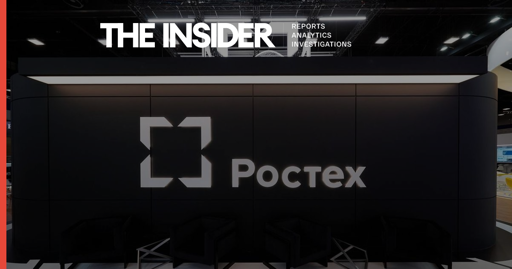The hacker collective Black Mirror has released the first portion of an archive of documents from the Russian state defense corporation Rostec. The tranche contains more than 300 items. The materials detail Russia’s military and technical cooperation with foreign clients, pricing for military items, and logistics schemes aimed at evading sanctions. The published documents also include internal correspondence, presentations on overseas helicopter service centers, and agreements with international partners.
The files show that Russian companies have faced difficulties receiving payments for contracts with Algeria, Egypt, China, and India. Russian banks have been unable to issue guarantees or conduct transactions through the SWIFT system, forcing them to search for alternative settlement schemes in yuan, rubles, and euros.
The archive also contains information about an international network of service centers for Russian helicopter equipment. The documents describe existing and planned maintenance facilities in the UAE, Afghanistan, Vietnam, Bulgaria, Kazakhstan, and other countries. Particular attention is paid to the creation of an international regional logistics hub in Dubai, near Al Maktoum Airport, designed as a central node for supplying spare parts and components.
Among the materials is a letter from the Rostec holding company Concern Radio-Electronic Technologies (CRET) on pricing for military products in export contracts. The document proposes a simplified formula for setting wholesale prices, profit margins, transport expenses, and currency risks. It also discusses possible legal changes to allow more flexible use of revenues from military-technical cooperation.
The hackers said this is only the first portion of the Rostec archive, which they are releasing in what they called “fuck off exposure” mode. Black Mirror claims the documents include a list of “reliable trading partners” in several countries.
[…]
[Edit to insert a link without amp.]



I was looking a bit into the sanctions, and it’s interesting how many of them essentially amounted to Russia changing the name of a product/business and continuing to offer the same thing as before.
It puts into perspective how superficial ownership of businesses and ideas really is.
It’s not like McDonald’s or Coke sent their Western workers to set up shop in Russia. No, they sold the ‘rights’ to their brand to Russians and then Russians employed Russians to serve Russia.
Maybe one day it will help people understand that the threat of businesses leaving a nation is completely hollow.